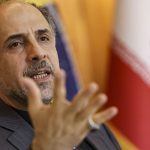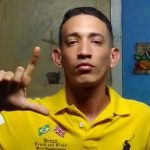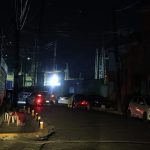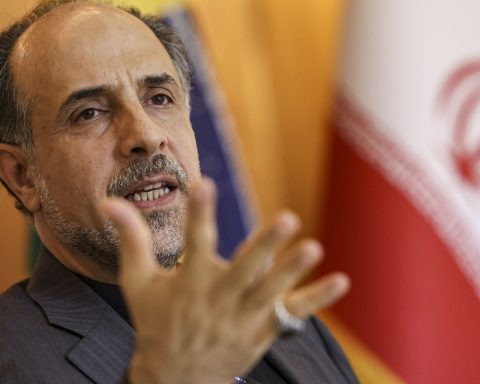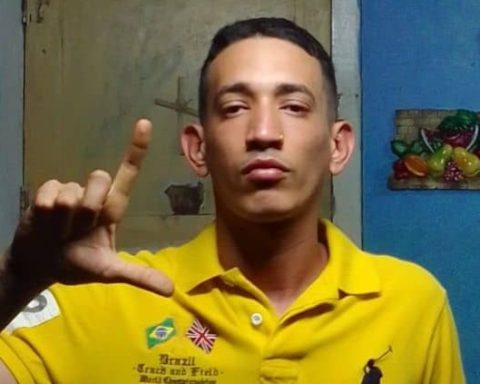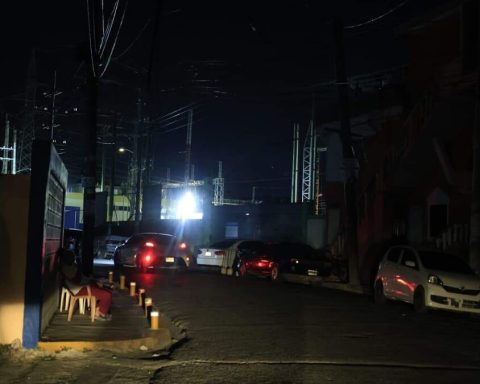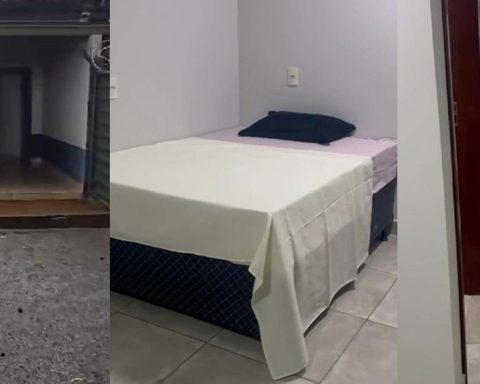The international community is still unaware that Daniel Ortega opted for the absolute closure of any possibility of a peaceful or diplomatic solution to the crisis in Nicaragua, warned former opposition deputy Eliseo Núñez, a day after the announcement was made. management failure of the government of Gustavo Petro to release 21 political prisoners.
For Núñez, Ortega simply does not care about the approaches that may be made by the authorities of other countries to solve the serious human rights situation in the Central American country, nor about the condemnation statements from international organizations. “He only understands by force,” he points out.
“The international community isolated and sanctioned him since 2018. But the international financial institutions gave him millions of dollars. So while the famous soft power is not accompanied by a closing of the financial keys for Ortega, nothing is going to happen (in Nicaragua),” said Núñez.
According to him annual report of the Central Bank of Nicaraguaexternal loans last year amounted to 1,161.8 million dollars, of which 413.1 were provided by the Central American Bank for Economic Integration (CABEI), 353.5 from the International Monetary Fund (IMF), 199.5 million from the World Bank (WB) and “other multilaterals”, and 195.7 million dollars from the Inter-American Development Bank (IDB).
The failed efforts of Colombia
After weeks of controversy over his silence and avoid condemning Nicaragua in the OAS on August 12the failure of the efforts of the Petro Administration was revealed this Friday, September 9, by its Foreign Minister Álvaro Leyva Durán, who promised that Colombia will vote in favor of a future resolution condemning Ortega in the United Nations, along with 52 countries.
Leyva Durán assured in a interview with W Radio that the efforts to free the political prisoners, among them the bishop of Matagalpa Rolando Álvarez, who was forcibly detained by the police in his home in Managua, were those that coincided with the conviction of Ortega by the Organization of American States, backed by by 27 countries, a vote in which Colombia declared itself “absent”.
The Colombian foreign minister assured Daniel Coronell on the W Radio program that the steps were taken at the request of the foreign minister of a “friendly republic”, whom he did not identify. He also took the opportunity to disassociate humanitarian management from any negotiations on compliance with the ruling of the International Court of Justice (ICJ).
Read: Petro avoided convicting Ortega to seek negotiation in application of ICJ ruling
The regime’s unofficial spokesman, William Grisby, said on his Sin Fronteras program on Radio La Primerísima on September 5 that the Petro Administration, using “messengers”—whom he did not identify—had proposed recognize the ruling in exchange for being handed over to “the tranqueros”referring to political prisoners.
“Colombians begin to send messages and use messengers. They say ‘go Nicaragua, I’m going to admit the mistake, no problem’, but give me all the tranqueros, among other things. How about? then, no brother, for God’s sake! So they send you a messenger to San Pedro (…) We are not asking for anything other than that they recognize the ruling of the highest court of justice on the planet, ”said Grisby.
Ortega’s closure and another “lost opportunity”
A former Nicaraguan diplomat, on condition of anonymity, considered that what happened with Petro was another “lost opportunity.” For four years, the dictator has ignored the efforts made by the international community, including those of the OAS Secretary General, Luis Almagro, as well as those of a commission of countries integrated into the same organization to see the Nicaraguan crisis.
The Nicaraguan dictatorship has also responded at the time with disqualifications to its Argentine counterpart, Alberto Fernández, whom it accuses of being an instrument of the United States in the region.
Facing his supporters, Ortega raises the flag that he was the victim of an alleged coup attempt and is the object of imperialist intervention in his internal affairs, with which he refuses to be held accountable for human rights abuses, documented by the Inter-American Commission on Human Rights since 2018. While increasing his isolation, he has instead strengthened his relations with Russia and China seeking protection.
For the diplomat consulted, the recent failed management should not have been carried out by Colombia alone, because inevitably the differences with Nicaragua in the International Court of Justice (ICJ) would jump out, where the Central American country achieved two sentences in its favor and the result is pending. of a third trial. Since 2012, the international court has awarded 75,000 square kilometers in the Caribbean Sea to the Central American country, which Bogotá refused to accept.
Also: Paul Reichler: “Colombia must accept ICJ ruling, it cannot authorize fishing in another State”
For the same interviewee, the situation of the political prisoners is frankly unsustainable, after the presentation in “informative hearings” of at least 21 of 205 prisoners of conscienceaimprisoned in the cells of El Chipote, considered a torture center by human rights organizations.
This group of political prisoners in the police prison are thin, aged and pale, after 450 days of confinement. He assured that human rights protection organizations and family members must have direct and periodic access to prisoners of conscience, to check their state of physical and mental health, meanwhile, the other step that should be taken is that an ad hoc court independent review the legal processes, riddled with annulments. However, neither of the two situations is occurring.
Former deputy Eliseo Núñez also considered that for Daniel Ortega political prisoners are seen as hostages, which he will use when he is pressured economically or by force, so right now what he is doing is giving a “proof of life, perhaps like any kidnapper would.”







